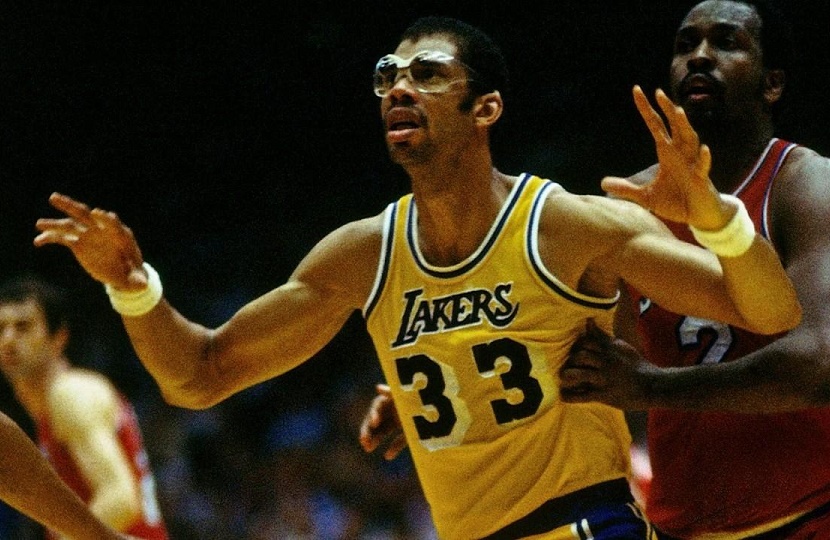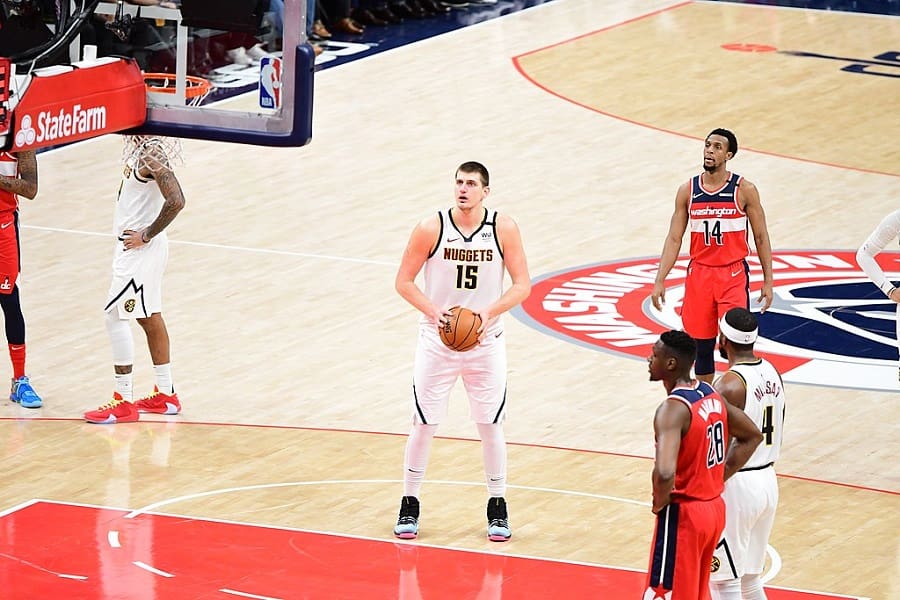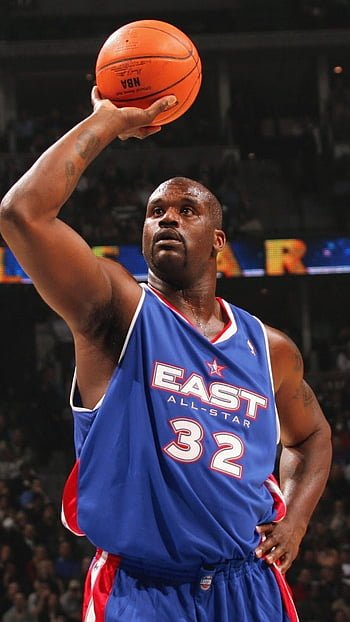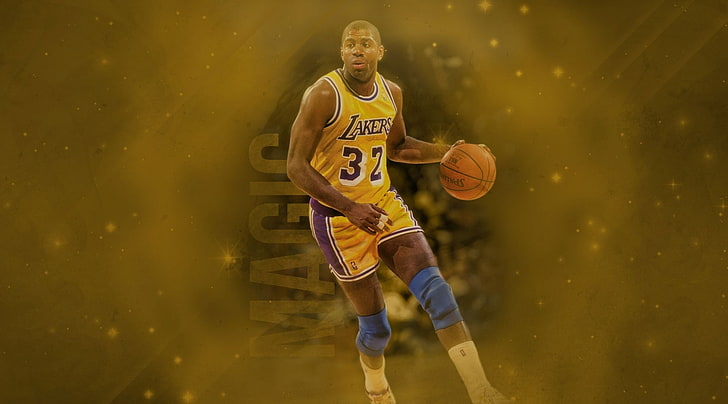Kareem Abdul-Jabbar, an American basketball legend, enjoyed a remarkable 20-season career in the National Basketball Association (NBA). Born as Ferdinand Lewis Alcindor Jr. on April 16, 1947, in New York City, he emerged as one of the most celebrated figures in the NBA’s history, achieving a staggering six NBA titles and MVP awards. A dominant force on the court, Abdul-Jabbar’s towering 7-foot 2-inch (2.18-meter) frame made him a formidable center during the 1970s and early ’80s. In 1968, he embraced Islam and officially changed his name to Kareem Abdul-Jabbar, a moniker that symbolizes “noble one, servant of the powerful One.” Notably, Abdul-Jabbar’s exceptional talent and impact on the sport have solidified his place as one of basketball’s greatest icons.
Early Life And Career Beginnings :
Abdul Kareem Abdul-Jabbar, born Ferdinand Lewis Alcindor Jr. on April 16, 1947, in New York City, embarked on his journey to greatness from a young age. Even in his formative years, he stood tall and possessed a natural affinity for basketball, showcasing immense talent on the court. Recognized as a high school prodigy, he became the driving force behind Power Memorial Academy’s multiple championship victories, gaining widespread recognition and setting the foundation for a remarkable collegiate career.
Collegiate Triumphs and Transformation :
Enrolling at the University of California, Los Angeles (UCLA) in 1965, Abdul-Jabbar, then Alcindor, continued to dominate basketball with unrivaled skill and grace. Under the mentorship of legendary coach John Wooden, he became the centerpiece of one of the most formidable teams in college basketball history. During his three-year stint with UCLA, Alcindor secured an impressive three consecutive NCAA championships, earning numerous accolades and cementing his status as an unstoppable force on the hardwood.
The Transition to Professional Basketball :
Following his illustrious college career, Alcindor transitioned to the NBA and joined the Milwaukee Bucks in 1969. It was at this point that he embraced his new name, Abdul Kareem Abdul-Jabbar, after converting to Islam during college. His impact in the NBA was instantaneous, and he quickly established himself as a dominant force, showcasing his signature skyhook shot, a move virtually impossible to defend.
Abdul-Jabbar’s tenure with the Bucks was marked by exceptional performances, and he led the franchise to its first and only NBA championship in 1971. His individual accolades during this time included multiple MVP awards, underscoring his unrivaled skills on the court.
The Lakers Dynasty and Further Success :
In 1975, Abdul-Jabbar made a significant move to the Los Angeles Lakers, where he would continue his legacy of excellence. The Lakers’ new acquisition transformed the team into a perennial championship contender. Alongside the legendary Magic Johnson, Abdul-Jabbar helped the Lakers clinch five NBA titles during the 1980s, adding to his already impressive list of achievements.
The Shyhook : An Unstoppable Weapon :
The skyhook, Abdul-Jabbar’s iconic signature move, stood as an unstoppable weapon and a defining element of his playing style. Executed with flawless precision and remarkable finesse, this shot proved virtually impervious to defenses, greatly enhancing his scoring abilities. Throughout his illustrious career, Abdul-Jabbar consistently showcased the unparalleled effectiveness of the skyhook, ultimately earning him the prestigious title of the all-time leading scorer in NBA history, a record that remains unbroken to this day.
Beyond Basketball: Abdul-Jabbar as a Social Icon :
While his accomplishments on the basketball court are legendary, Abdul-Jabbar’s impact extended far beyond the realm of sports. Inspired by the civil rights movement and motivated by the teachings of Islam, he embraced a social consciousness that compelled him to speak out against injustice and inequality.
During the 1960s and 1970s, when the United States was grappling with civil rights issues and racial tensions, Abdul-Jabbar used his platform to advocate for change. He voiced his concerns about the underrepresentation of African Americans in coaching and managerial positions in the NBA and called for greater diversity in the league.
Additionally, he took a strong stance against the Vietnam War, refusing to participate in the 1968 Olympic Games. Instead, he chose to prioritize his activism and social responsibilities over personal athletic achievements.
In the pantheon of sports legends, Abdul Kareem Abdul-Jabbar shines as a beacon of excellence and an unwavering advocate for social change. His contributions to the game of basketball have left an indelible mark, and his tireless efforts as a social icon have touched the lives of countless individuals.
Abdul-Jabbar’s legacy serves as a testament to the power of sports to transcend mere competition and elevate individuals to the status of role models and agents of change. As we celebrate his achievements both on and off the court, we recognize him not only as a basketball legend but also as an inspiration for generations to come. The impact of Abdul Kareem Abdul-Jabbar on basketball, society, and humanity at large is truly immeasurable, and his remarkable journey continues to resonate with people from all walks of life.




